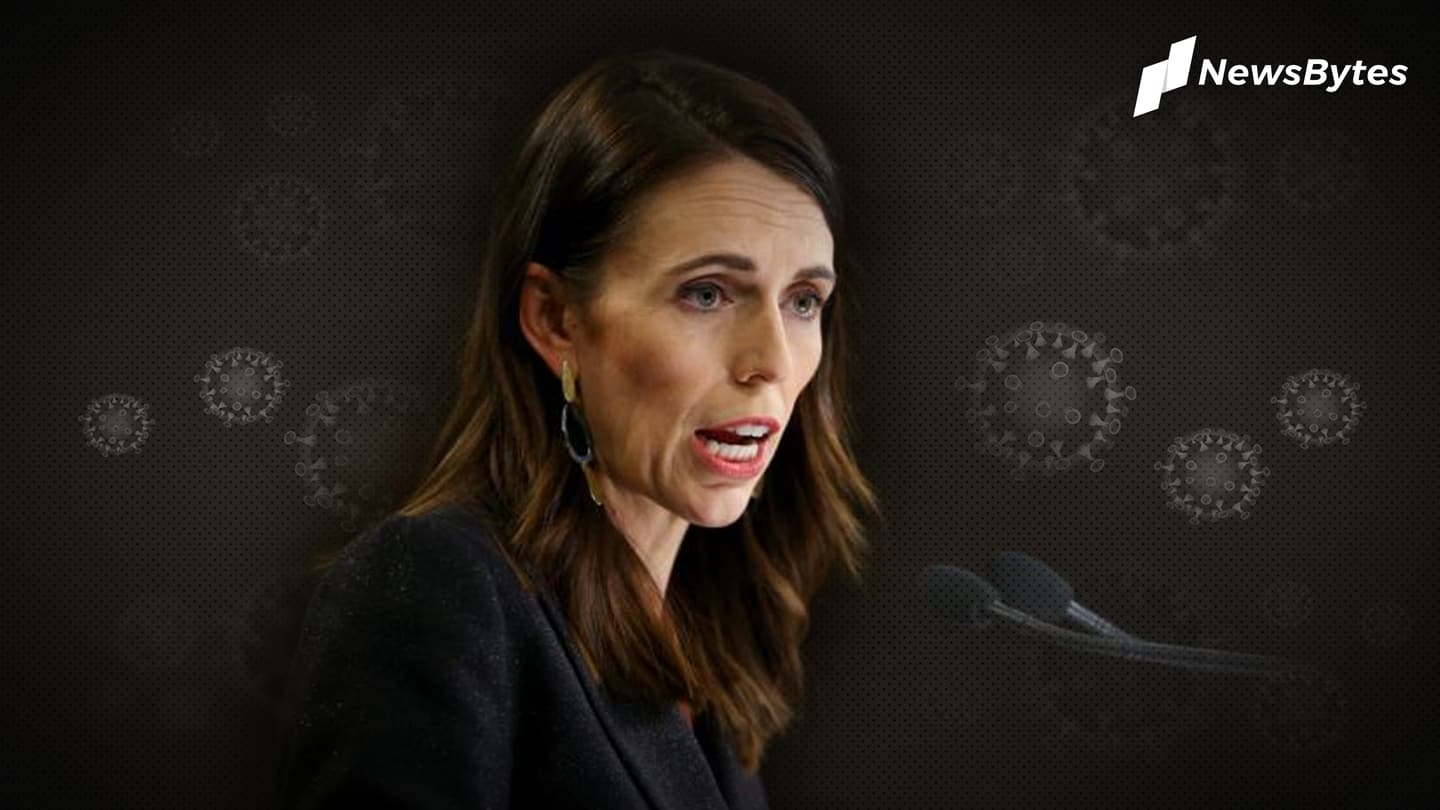
New Zealand PM Jacinda Ardern delays elections as coronavirus returns
What's the story
New Zealand Prime Minister Jacinda Ardern, who earned plaudits for controlling coronavirus outbreak in her country, has delayed parliamentary elections after fresh cases were reported.
The polls, scheduled for September 19, were postponed by four weeks and will now happen on October 17.
Ardern said the country's Electoral Commission is certain of "safe elections" happening on the new date.
Here's more.
Statement
Changing polling dates a significant decision: Ardern
As the PM, Ardern underlined, the decision to change the election's dates comes under her jurisdiction, but she consulted other politicians as well.
"Moving an election date especially this late in an electoral cycle is a significant decision," she said, adding that in the end, the interest of the democracy and voters is vital.
She said dates should be free from "partisan political interests."
Assurance
She, however, assured dates won't be changed again
Ardern said that she doesn't intend to change the dates again and that the Electoral Commission has been making exhaustive preparations to hold polls in locked-down areas. "COVID-19 is the world's new normal," she added, and said everyone is working hard to mitigate its impact.
Now, the parliament will reconvene on Tuesday and will be dissolved on September 6, for the October polls.
Quote
Electoral Officer pleased that dates have been extended
Subsequently, Chief Electoral Officer Alicia Wright said, "Confirmation of the date provides certainty to the public about when the election will be held. We have been considering alternative election dates and are confident we can revise our existing arrangements for October 17."
Data
NZ didn't report locally transmitted cases for 100 days
Now, New Zealand had a dream run of 100 days of not reporting any locally-transmitted coronavirus case. But the South Pacific nation slipped into a gloomy phase when clusters of the disease came to fore.
Last Thursday, the country reported 13 new coronavirus cases. By Sunday, 49 cases were recorded, forcing the administration to bring back the curbs.
Lockdown
Restrictions returned after mystery infections reported in NZ
On Friday, Ardern extended the stay-at-home orders for Auckland, the country's largest city, till August 26 to buy time for health officials to trace, test, and isolate coronavirus patients. The idea is to stop new clusters from turning into a full-blown second wave.
Genomic tests claimed that the fresh infections weren't caused by the same coronavirus strain that impacted the country earlier this year.
Reception
Sick of hearing about COVID: Residents react to fresh curbs
The curbs, however, weren't appreciated by New Zealanders who said they are sick of the disease.
"We worked so hard to get rid of it and now every time you turn around it's COVID, COVID, COVID," Barbara Pond, a Wellington resident, told AFP.
National Health Director-General Ashley Bloomfield acknowledged the sentiments of people but urged them to not lash out at healthcare workers.
Support
Fortunately for Ardern, opposition parties supported election dates' decision
While the country's citizens aren't too happy with the new restrictions, Arden's decision to delay polls garnered support from the opposition.
Leader of the opposition, National Party Leader Judith Collins, said her party also believed that for fair elections to happen, the second wave of coronavirus has to be dealt with.
Only then, can campaigning take place and politicians interact with the public, she added.
Polls
Meanwhile, Ardern on way to win elections, suggest opinion polls
AFP said Ardern's Labour Party will easily win polls riding on her popularity. Unlike her first term, she might not need the support of minor coalition partners — the Greens and New Zealand First (NZF).
The Centre-left leader is scoring good numbers as far as opinion polls are concerned and her personal popularity rating stands at a record 60%, said the news agency.